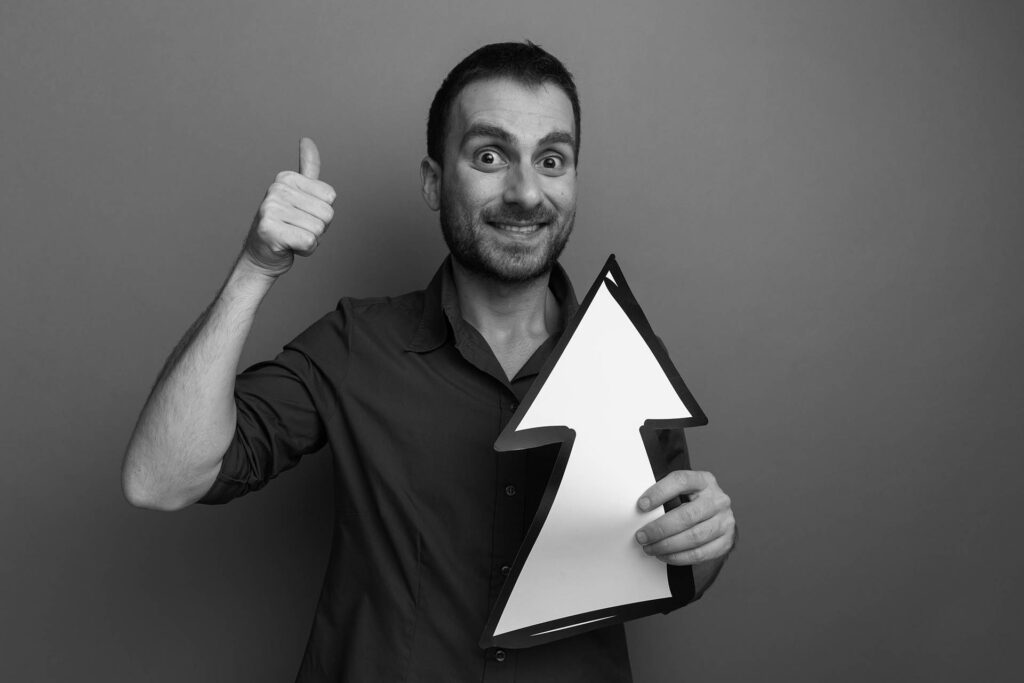In Stephen Covey’s book, The Seven Habits of Highly Effective People, the first habit is to “Be proactive.” Covey explains this as, “the ability to control one’s environment, rather than have it control you, as is so often the case. We don’t have to function on ‘auto-pilot.’ Proactivity means that, as human beings, we are responsible for our own lives. Our behavior is a function of our decisions, not our conditions. We can subordinate feelings to values. We have the initiative and the responsibility to make things happen.”
Similarly, personal development expert Steve Pavlina illustrates proactivity with a vivid metaphor:
Imagine a reactive captain at the helm of a ship. This captain lets the currents dictate the journey, constantly analyzing their flow and adjusting only when convenient. If the currents are favorable, the captain is happy. If they’re not, frustration sets in, and destinations are abandoned for easier ones.
Now imagine an intentional captain. This captain also studies the currents, but as tools for navigation, not determinants of destiny. Whether flowing with or against the currents, this captain is steadfast in steering the ship toward the chosen destination. The currents influence the journey’s timing and route but never dictate its outcome—the destination is a deliberate choice.
At its core, Intentional Achievements embodies this principle of intentionality, replacing mere proactivity with deliberate action and foresight.
Beyond the Currents: The Skills of an Intentional Captain
Being intentional isn’t just about setting a destination; it’s about equipping yourself with the tools and skills necessary to navigate life’s challenges. Imagine the captain of a ship, who must master not only the currents but also navigation, weather patterns, and the vessel itself. Success demands a combination of intuition, creativity, training, leadership, experience, and courage.
Take inspiration from the story of Captain Phillips, who faced the harrowing challenge of a pirate attack. In the midst of chaos and danger, he used his training, intuition, and leadership to maintain control. Despite the circumstances, he stayed focused on his mission, leading his crew and outmaneuvering the attackers. His ability to think ahead and direct actions exemplifies true intentionality—refusing to be controlled by external conditions.
Intentional Living: Your Choice, Your Journey
Life’s currents—unexpected challenges, external pressures, and shifting circumstances—may influence your path, but they don’t have to define your destination. When you choose to live intentionally, you decide where you want to go and take deliberate steps to get there.
This means using your intuition, creativity, training, leadership, experience, and courage to steam against the currents when necessary. Whether pursuing personal dreams or professional goals, intentionality empowers you to navigate challenges and maintain control over your journey.
Don’t let life’s circumstances steer you off course. Be the captain of your life. Choose your destination, and take action to reach it. Be Intentional.
The power is entirely yours—chart your course and sail confidently toward your dreams.

